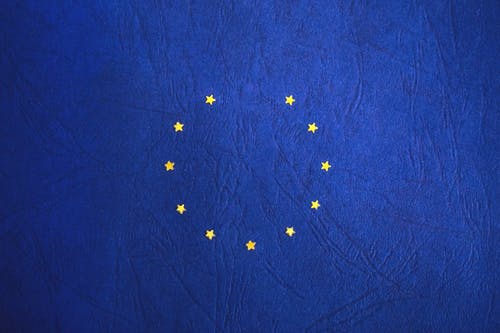UK members of the EU Court of Justice face confusion about the future of their jobs with ongoing Brexit uncertainty.
It is yet to be decided what will happen to these judges. It’s been expected that they would simply lose their jobs once the UK departs from the EU. But this may actually be unlawful.
EU treaties and relevant laws aim to avoid political interference by giving its judiciary six-year appointments on a fixed-term basis.
However, sacking members of the court because of Brexit seems like political interference…
British members of EU Court of Justice
There are four EU judiciary members who have UK passports.
One of these is Eleanor Sharpston QC, an Advocate General who helps judges with the most difficult cases. Eleanor has been working as an Advocate General since 2006 and was offered a fresh six-year term in October 2015, shortly before the EU referendum.
She, along with the 10 other Advocates General, helps by sitting with the court and giving advance opinions.
After 13 years in this role, her expertise and input in the EU Court of Justice is significantly important. It would also be a big loss if her support team is to leave too, which will happen if she gets the sack following Brexit.
Phil Wynn Owen is currently serving as a member of the European Court of Auditors. This is the supreme controller of anything finance-related. Phil’s term is to expire at the end of the year though.
Christopher Vadja QC (UK’s judge on EU Court of Justice) and Ian Forrester (Member of EU’s General Court) are the other two British members of the EU judiciary.
Eleanor Sharpston gave a lecture to the Bar European Group in Gdansk recently. She stressed that the uncertainty Brexit brings is causing her and fellow colleagues difficulty in serving their respective courts.
She explained: “Cases take time to hear and determine, exacerbated by the need for translation.
“Because the EU courts have a heavy workload and a public responsibility to use resources efficiently, it is also detrimental to the good administration of justice”, she added.
It seems clear that the EU judiciary would be better off keeping the four UK members post-Brexit, as they serve key roles in their respective areas of work.




